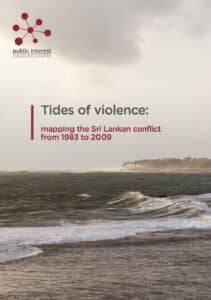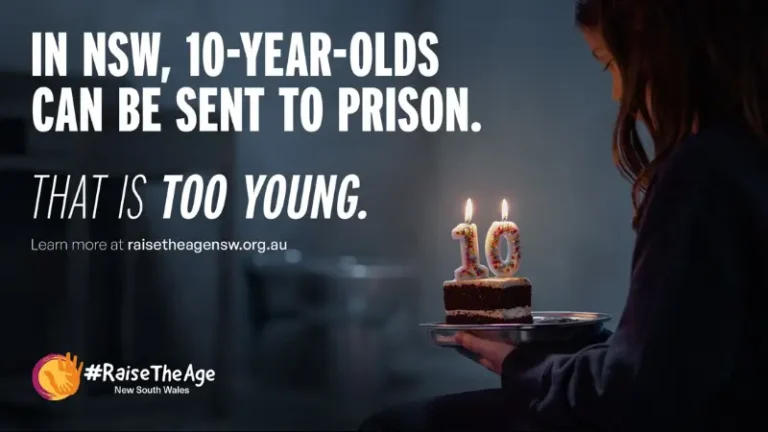
Tides of violence: mapping the Sri Lankan conflict from 1983 to 2009 was produced by the Public Interest Advocacy Centre’s Conflict Mapping and Archive Project (CMAP).
In the ten years since the conflict ended, alleged violations of human rights and international law remain largely unaddressed, as do the underlying tensions that contributed to the conflict.
‘The Tides of Violence report shows just how much serious work still needs to be done. It provides a conflict map that demonstrates the extent, range and widespread impact of the conflict on Sri Lankan society,’ said PIAC Transitional Justice Program Director, Daniela Gavshon.
‘Although the Sri Lankan Government has not yet done enough to address accountability and underlying tensions, PIAC is pleased to join others in the international community to support truth and justice initiatives through the release of this report.’
‘A conflict map provides an invaluable detailed overview of potential violations of human rights that are alleged to have occurred in the course of a conflict,’ said Luc Côtè, Advisory Committee member.
‘By listing alleged violations chronologically and across regions, a conflict map supports and stimulates the transitional justice process. In the Sri Lankan context, with transitional justice processes still developing, the Tides of Violence report is both compelling and useful’, said Mr Côtè.
The aim of Tides of Violenceis not to make findings or attribute blame, but to present available information in a clear, easily accessible manner to support the process of transitional justice. The report reveals the range and patterns of violations, but also the gaps and trends in reporting and the multitude of questions that remain unanswered. This reinforces the importance of commitments made at the UNHRC to address the instability, violence and suffering caused by the war.
‘Tides of violencemay provide future transitional justice mechanisms with a sound basis for further investigation in the face of constrained resources and political uncertainty’, Chair of the CMAP Advisory Committee, John Ralston, commented. ‘A conflict map can be used by the various mechanisms for their work. Further to this, Tides of violence may also contribute to inter-ethnic, grassroots transitional justice projects in Sri Lanka, as well as international accountability efforts, which remain important in the face of obstacles at the national level.’
Media contact: PIAC Media and Communications Manager, Gemma Pearce – 0478 739 280

Watch: Challenging Injustice in Community Housing